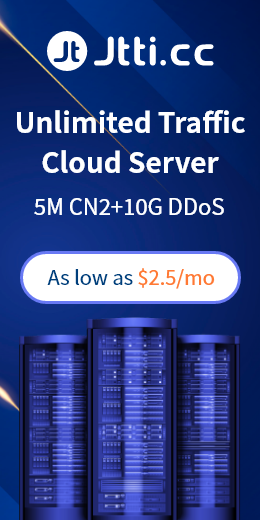No matter any website server, it is necessary to set up the website security. When running a website in a Hong Kong server, it is critical to ensure the security of the website, preventing potential threats and attacks, protecting data, protecting privacy, avoiding related legal issues, preventing viruses, etc. Common Hong Kong server website security Settings have the following 14 measures!
Update the operating system and applications regularly:
Install security updates and patches for operating systems and applications in a timely manner to fix known vulnerabilities.
Strong Password policy:
Require users to use strong passwords and change them regularly.
Use multi-factor authentication (MFA) for enhanced access control.

Access control:
Configure appropriate access control lists (ACLs) and firewall rules to restrict access to the server.
Only essential ports and services are allowed to open.
Web Application Firewall (WAF) :
Use WAF to detect and block SQL injection, cross-site scripting (XSS), and other attacks against websites.
HTTPS encryption:
Enable HTTPS for websites using SSL/TLS certificates to ensure the security of data transfer.
Regular backup:
Back up your website data regularly and store the backups in a secure location in case of data loss or disaster.
Security logging and monitoring:
Enable security logging and monitoring tools to detect unusual activity and security events.
Implement Intrusion detection systems (IDS) and intrusion prevention systems (IPS) to identify and block attacks.
Security scan:
Perform regular vulnerability scans and security tests to find potential vulnerabilities and weaknesses.
Application security:
Write secure code and applications to protect against common security vulnerabilities such as cross-site scripting (XSS) and SQL injection.
File upload policy:
Limit the type and size of files that users upload, and ensure that uploaded files are properly verified and checked.
Authorization and authentication:
Implement strict authentication and authorization policies for users and administrators to ensure that only authorized users have access to sensitive data and functions.
Disaster Recovery Plan:
Develop contingency plans to quickly get your website back up and running in the event of a catastrophic event.
Education and Training:
Provide security education and training to administrators and users to enhance security awareness.
Compliance:
Comply with applicable regulations and compliance standards such as GDPR, HIPAA, etc., especially for websites dealing with sensitive data.
Keep in mind that website security maintenance is an ongoing process that includes regularly updating and maintaining your servers and applications, using encryption to transfer sensitive data, implementing access controls, setting up firewalls and intrusion detection systems, and conducting security audits and monitoring. The security measures required for different websites vary, and specific policies should be developed according to the nature and needs of the website.

 EN
EN
 CN
CN









